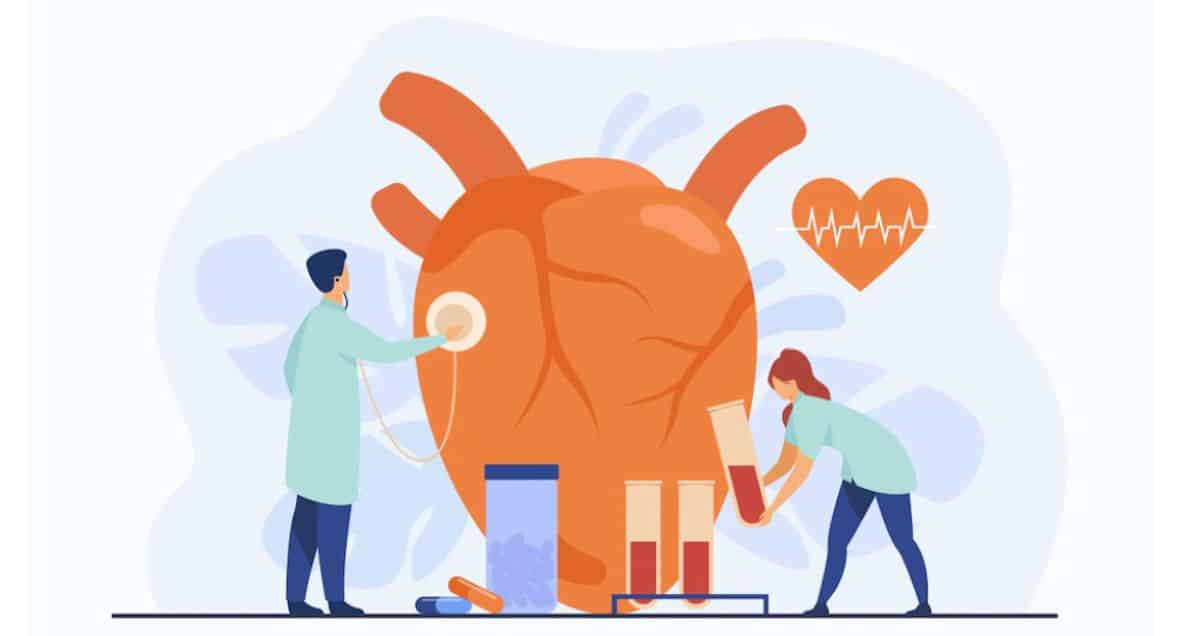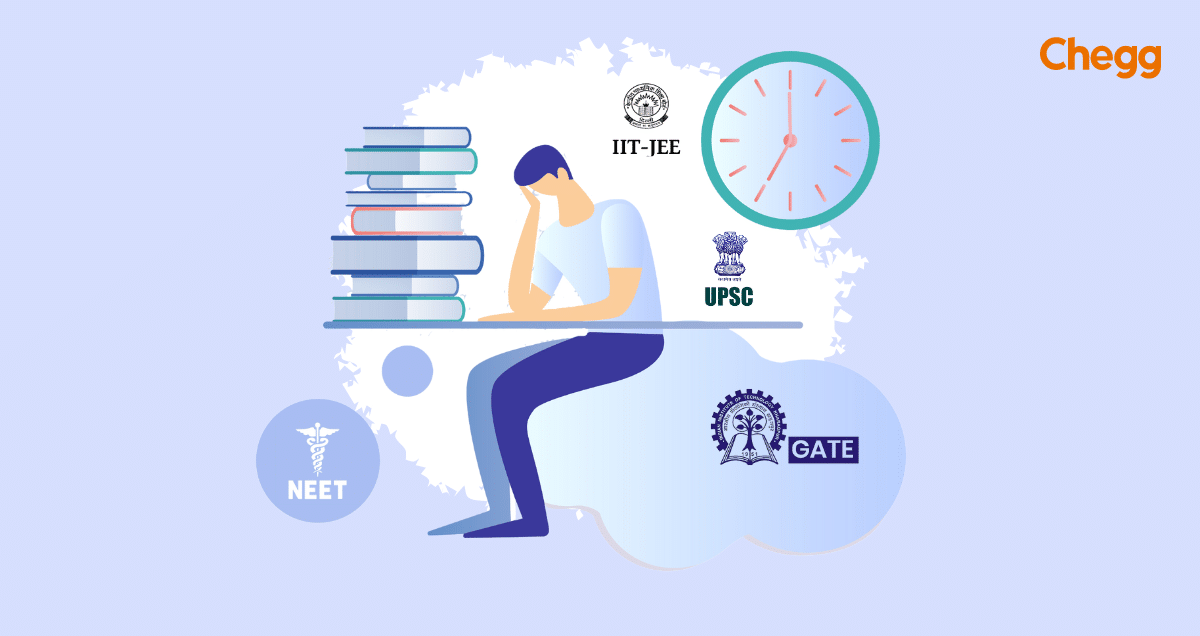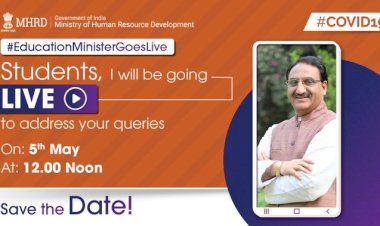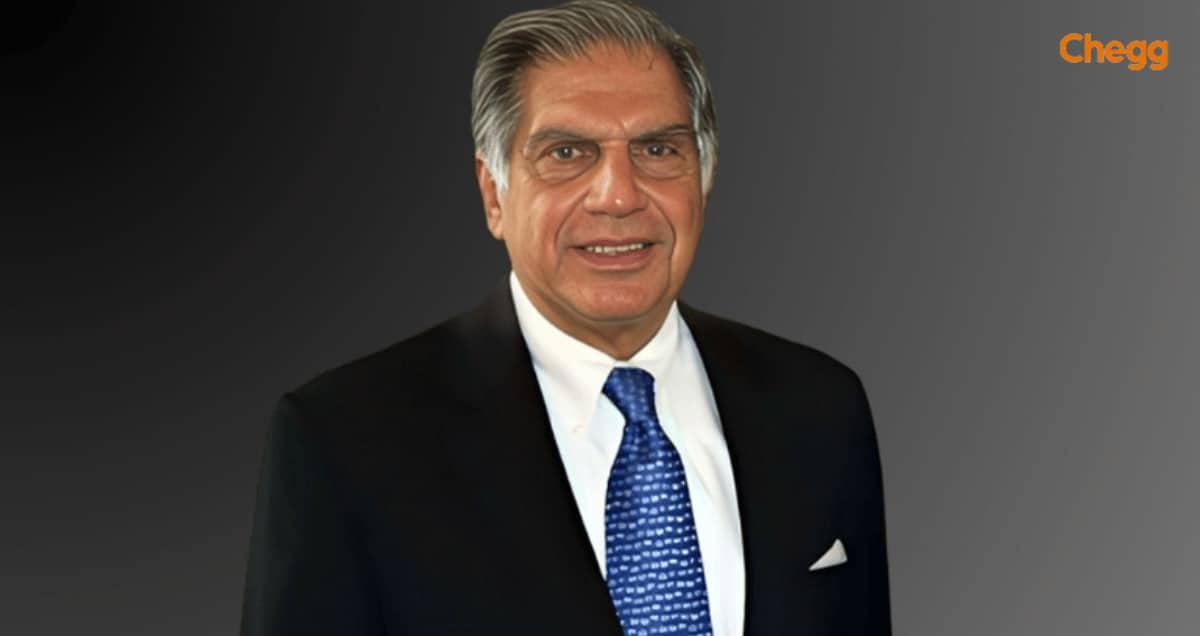BSc Cardiology Courses Details and Jobs in 2023
Cardiology is a branch of medicine that deals with studying the human heart. It focuses on diagnosing and treating many heart complications like congenital heart defects, heart failure, and many more. Cardiologists are professionals who investigate and analyze the heart and its functions. A 3-year BSc Cardiology degree can be pursued to become a cardiologist in India. […] The post BSc Cardiology Courses Details and Jobs in 2023 appeared first on Chegg India.

Cardiology is a branch of medicine that deals with studying the human heart. It focuses on diagnosing and treating many heart complications like congenital heart defects, heart failure, and many more.
Cardiologists are professionals who investigate and analyze the heart and its functions. A 3-year BSc Cardiology degree can be pursued to become a cardiologist in India. It falls under the allied specialization in Medical Sciences. Besides just a BSc degree, a BSc Cardiac in Technology can also be done. Here is all you need to know.
Skills Required for BSc Cardiology
BSc Cardiology is a popular course in India and abroad. It has a rising global scope, and there is an increase in job opportunities in the market. Specific skills are required for BSc Cardiology; they are as follows:
- Trainees must learn to care for patients struggling with cardiovascular diseases and other heart complications. Students must learn to test patients with any symptoms of heart problems.
- They must also be well-versed in advanced and fundamental life support skills. Especially learning invasive emergency procedures is vital for saving a patient’s life.
- Trainees must be efficient at using medical tools and machines. Medical equipment maintenance is also an essential part of this branch of medicine.
- Students must do an in-depth study of cardiac-related procedures, and the technological methods implemented should be well-known and familiar.
Eligibility for BSc Cardiology
The eligibility criteria for BSc Cardiology in India might differ from other countries. Students planning to pursue this course in India should keep in mind the following:
- The applicant must complete a higher secondary (10 & +2) education from a registered and recognized board in India.
- The student must have science in their +2 years. Subjects like Biology, Chemistry, and Physics are necessary for applying to colleges in India. Sometimes English is also required as it’s compulsory for the course.
- Colleges in India require a minimum of 55% aggregate during the 10+ 2 board results. However, some private institutions may not be very strict about these criteria and cut-offs.
- Furthermore, to pursue a BSc in Cardiology, students must qualify for college/ institutional entrance exams.
- One does not have to crack NEET to pursue this degree.
Syllabus/Subjects for BSc Cardiology
1st-year BSc. Cardiology subjects that are common in colleges in India:
| Human Anatomy |
| Human Physiology |
| Basics of Biochemistry |
| Microbiology |
| Environmental Studies |
| Clinical Pathology |
| English |
| Basics of Haematology |
2nd year of BSc. Cardiology subjects include:
| Communication Skills |
| Basics of Cardiac Technology |
| Cardiology Practical |
| Applied Pharmacology |
| Cardiac Catheterization |
| Electrocardiography practical |
| Law- Indian Constitution |
Here are the subjects in 3rd-year BSc. Cardiology:
| Echocardiography |
| Fundamentals of computers |
| Electrocardiography |
| Professional training (2 to 6 months) |
| Human Values and professional ethics |

Best Colleges for BSc Cardiology
Here are the best 5 Colleges in India with their fees:
| College/ institution names | Fees (Annual average) |
| 1. JSS Medical College | INR 2,82,900 |
| 2. Rajiv Gandhi Paramedical Institute, Delhi | INR 1,00,000 to INR 3,00,000 |
| 3. Christian Medical College, Vellore | INR 49,520 |
| 4. Government Medical College, Kottayam | INR 46,000 |
| 5. NTRUHS, Vijayawada | INR 16,500 |
| 6. SVIMS, Tirupati | INR 83,100 |
Jobs after BSc Cardiology
The following jobs are available after a BSc in Cardiology:
- Cardiologist: A medical professional who looks at cases involving heart diseases. They should be able to treat and diagnose patients with heart diseases. Cardiologists specialize in surgical methods and non-invasive methods to help their patients. The average salary of a cardiologist in India is ₹ 12.0 LPA.
- Cardiac Surgeon (Cardiothoracic Surgeon): These professionals specialize in operating on the heart, including the upper abdomen and lungs. Cardiac surgeons are some of the most in-demand professionals in the field of cardiology. The average salary for a cardiac surgeon in India is around ₹ 2,810K per year.
- Clinical Nurse Specialist in Cardiology: Clinical nurses who specialize in cardiology are professionals who have expertise in dealing with patients suffering from cardiovascular diseases. On average, these professionals earn around ₹ 9,35,919 per annum. They mainly work under a team of doctors, cardiologists, and technicians.
- Electrophysiologist Cardiologist: These are professionals who study the heart’s rhythms and motion. They perform EP studies on patients having heart diseases. Irregular heart rhythm, atrial fibrillation, sudden cardiac arrest, and bradycardia are some of the issues they deal with. In India, the average salary for an Electrophysiologist Cardiologist would be ₹ 36,92,691 per annum.
- Cardiovascular Technologist: Cardiovascular technologists earn around 22,800 INR to 72,600 INR per annum in India. They help doctors and physicians with invasive procedures like the insertion of pacemakers, stents, and catheterization.
- Medical Sonographers: Also referred to as ultrasound technicians, these professionals specialize in using ultrasound and imaging machines to take pictures of the internal organs of the human body. They help doctors, medical students, and specialists to understand the conditions of the patient’s physical health. They earn around 17,800 INR (lowest) to 55,200 INR (highest) per annum in India.
- Dialysis Technician: They generally operate the dialysis equipment for patients having kidney conditions. They work in nursing homes, hospitals, and special care units to assist doctors and health workers. According to PayScale, the average salary of a Dialysis technician is ₹ 244,949/ year.
- Nephrologist Technician: Professionals in this field deal with complications like kidney failure, dysfunctional kidneys, kidney transplants, etc. They primarily operate and monitor dialysis apparatus for patients undergoing complicated procedures for kidney dysfunction.
- Non-Invasive Cardiology: Non-invasive cardiology is a discipline that involves a set of procedures that are designed to test and diagnose various parts of the heart. Non-invasive cardiologists deal with problems in the tissues of the heart. According to salary expert India, the average salary of a professional in non-invasive cardiology is ₹ 30,58,465 per annum in India.
- Vascular Technology: The term “vascular” refers to the circulation and flow of blood and fluids throughout the body. A vascular technologist uses ultrasound imaging and equipment to understand the complications in the flow of blood and fluids in the human anatomy. On average, they earn around ₹ 6,52,080per annum.
- Echocardiography: Echocardiography is a kind of medical imaging of the heart, where an ultrasound apparatus is used to retrieve images of the heart. This process has been used in modern medicine and medical case studies. It is non-invasive and helps to understand the movements and strength of the heart. In India, the average salary of an echocardiographic professional is ₹ 7,37,436 per annum.
- Invasive Cardiology: Also known as Interventional Cardiology, this discipline deals with minimally invasive procedures for identifying the anomalies of the human heart. These professionals perform minor surgeries that require breaking/cutting into the patient’s skin for diagnosis and treatment. Invasive Cardiologist salaries in India range from 63,300 INR per month (minimum salary) to 196,000 INR per month (maximum salary).
- Surgery: Surgery involves procedures to remove tumors, cut tissues and adjust defects in the body due to injuries. This area requires many years of practical exposure and training to master. The average Cardiac Surgeon’s Salary in India is between ₹ 2,34,260.00 and ₹ 2,75,600.00 per month.
Related: BSc Courses and Jobs in India
An Opportunity within Chegg for Biology
After studying Biology as your primary subject in college, you can have specific opportunities in the field of work. The career paths related to Biology can be interesting, and you can have fun choosing a career in this field because we have covered you.

Chegg India is here to help you grow, learn and explore the world of Biology. If you are a subject expert in BSc Cardiology, become a subject matter expert with Chegg. Answer questions and earn money while teaching and clearing the doubts of students from across the world.
Want to explore what more lies in the job market? Dive in our guide of Job Search.
Frequently Asked Questions
Q1. What can a BSc in Cardiology graduate further do?
Ans. The three-year BSc. Degree in Cardiology trains you to be a technician in the field of medicine. Further studies can be opted for, like an MSc degree in Cardiology with a master’s degree in MD in Cardiology or Cardiac technology or Surgery. Students can apply to different universities if they are planning on an MSc. Degree.
Q2. Is NEET necessary as an entrance test for BSc in Cardiology?
Ans. No. It is not necessary to clear NEET to pursue a career as a cardiologist. One must have done their 10+2 from a reputed board in India in the science stream (including subjects mainly Physics, Chemistry, Biology, and English). Students must apply and sit for the desired institutions’ tests and entrance examinations to initiate the process.
Q3. Is BSc Cardiology a Doctoral Degree?
Ans. No, BSc in Cardiology is not a doctoral degree. A doctoral degree requires a more intensive and advanced education process. It will involve intensive research, dissertation, thesis work and other applicable field works. You need to do your MSc in your area of study for two years and then apply for NET examinations for a PhD. Degrees in India. You can also try going for a PhD. Abroad.
For more details about the BSc in Cardiology, visit the Chegg India website. Know more about the syllabus, best colleges, eligibility and job offers for BSc in Cardiology. We also offer 24/7 study support, tutoring help, and learning tools for all types of exams.
The post BSc Cardiology Courses Details and Jobs in 2023 appeared first on Chegg India.


















/cdn.vox-cdn.com/uploads/chorus_asset/file/25115065/DCD_Avishai_Abrahami.jpg)







